From Mutilation to Salvation
Millions of young women around the globe are still being subjected to a shockingly primitive surgery that leads to lifelong health problems - if not death. But in a faraway corner of Kenya, one survivor is fighting for change.
It's the most unexpected of chorus lines. More than 100 young girls sway in unison, patting their boobs, butts, and groins in turn, as they sing enthusiastically: "These are our private parts. No one should touch them. No one should play with them." The emphasis is on the last line: "No one should take them."
While the kids have fun with the song, the lyrics could not be more serious — they may literally save lives. The girls, who belong to the Masai tribe in Kenya, are graduating from an unprecedented program that teaches them about the dangers of female genital mutilation (FGM) and child marriage, customs deeply entrenched in their culture. FGM is seen here as a rite of passage from girlhood to womanhood and is a prerequisite to marriage, in which girls as young as 8 are traded for cattle to their bridegrooms — men usually old enough to be their fathers or grandfathers. But FGM isn't limited to Kenya. Roughly 140 million women and girls worldwide have undergone the brutal surgery, and 3 million more join them every year — across Africa, Asia, the Middle East, Europe, and even in immigrant communities in the U.S.
With the pilot program in Kenya marking its five-year anniversary, I traveled to the dusty market town of Narok in the Masai region to check on its progress. The news is heartening: More than 700 girls have graduated from the five-day program, which is organized by a safe house called the Tasaru Girls Rescue Centre and run out of a local boarding school. Requests are pouring in to establish similar safe houses across Africa, where FGM is practiced in 28 countries — and outlawed in only 16.
But there's a long way to go.
The West tends to have a romanticized vision of the fabled Masai tribe, over 800,000 strong, living along the border between Kenya and Tanzania. We see the statuesque warriors, wrapped in their red kikoi cloaks, striding nobly across the African bush in epic movies and National Geographic documentaries. Life for Masai women, however, is anything but romantic. FGM (also known as female circumcision) and child marriage were both outlawed for girls under 18 in Kenya in 2001, but if you are a Masai male, the tradition of your forefathers is stronger than any government law made in the distant capital of Nairobi.
One person who is fighting for change is Agnes Pareyio, 50, a rare Masai woman activist who runs the Tasaru Girls Rescue Centre. When I meet her at the safe house, which is surrounded by high metal fences, the air is filled with the smell of fresh pine from handmade wooden desks, and the bookshelves are lined with cabbages, bags of cornmeal, and beans. For many of the girls here, it's the first time in their lives that they haven't experienced hunger. The Masai have been badly hit by droughts in recent years, their herds of cattle dramatically reduced. It's why the marriageable age of girls has dropped to as young as 8; in poor economic times, female children, who can be exchanged for livestock, are like money in the bank.
The Tasaru girls attend local boarding schools and live at the safe house during breaks because it is often dangerous to return home. Here, Pareyio teaches them that they can get an education and decide on their own future. It's a radical notion for illiterate girls who had previously been taught only to obey the men in their lives. Pareyio also attempts to reconcile the children with their families, but the process can take years; the girls go home only if their parents guarantee that their daughters can continue their education, without the threat of FGM or child marriage.
Stay In The Know
Get exclusive access to fashion and beauty trends, hot-off-the-press celebrity news, and more.
Pareyio, wearing a traditional red-and-black kanga wrap over a T-shirt, along with a beaded Masai necklace and bracelets, is a fearless woman. She explains that she is trying to stop what happens to girls like Salula Naingisa.
Her eyes downcast, Naingisa tells me how, one morning when she was 9, she was awakened by female village elders and led outside her family's hut to the goat pen. A woman shaved Naingisa's head. Then, four others grabbed her arms and legs, pinning her down, while another clamped a hand over her mouth to stop her from screaming. Terrified, she had no idea what was happening until her body was racked with searing pain. A woman was slicing off her clitoris and labia with a razor blade. "You must not cry out. It will be disrespectful to your father," one of the women warned. Says Naingisa, "It was the last thing I remembered before I passed out." The Masai believe a girl can become a woman only by being mutilated in this way.
Barely healed, Naingisa was sold off to a 42-year-old man. Her father woke her at dawn and told her she was to be married that morning. "I didn't know what was expected of a wife," she says. "I was simply told I would go and stay forever with this man."
Still, this child bride turned out to be lucky. Acting on a tip from a villager, Pareyio drove up with a posse of police just as Naingisa was climbing into her new husband's pickup. The girl's father and groom were arrested, given a modest fine, and sentenced to four days in jail. "We have to be careful; if the punishment is more severe, it will drive these practices underground and make them even harder to stop," says Pareyio.
As she speaks, I notice that Pareyio is missing her bottom two front teeth, just like Naingisa. When girls reach age 7, Pareyio explains, a knife is forced between their teeth and twisted until the roots give way. "First, the teeth are removed, then the FGM," she says. "Bearing these pains is believed to toughen girls for childbirth and wife-beating."
Even more gruesome complications await them down the road. "FGM results in so many health problems," Pareyio says, "particularly in labor, because the scarred vaginal tissue can't stretch as it normally would. So when giving birth in a Masai village, where there is no medical care, a woman is badly torn or has to be sliced open to deliver her child. After FGM, so many women die giving birth, but few here understand that one is linked to the other — just as they don't understand when girls die from shock, hemorrhage, or infection after being cut."
Nine years ago, Pareyio, who had been cut as a child herself, began campaigning against the practice, walking from village to village in an effort to educate her people. She carried a wooden carving she'd commissioned from a local carpenter of a life-size female pelvis, with six removable parts, to demonstrate the difference between a healthy woman's body and a mutilated one. It was an audacious thing to do — and Pareyio started receiving death threats as a result. "The Masai thought I was crazy," she says. "Here, people never talked about anatomy and sex." Still, she persisted.
In 2000, she met Eve Ensler, writer of the watershed performance piece The Vagina Monologues and founder of V-Day, a nonprofit group that works to end violence against women; two years later, with the support of V-Day and the United Nations Population Fund, Pareyio opened her safe house.
As Pareyio's message spread, Masai girls began doing the unthinkable — defying their fathers and fleeing their homes. "It takes great courage on the part of a girl," says Pareyio. "She knows her father can banish her forever from all contact with her family, from the only life she has ever known. And family is so important here."
Back at the graduation ceremony, local magistrates mingle with U.N. officials and women Pareyio calls "godmothers." They are her eyes and ears in the villages; they alert her if a child is about to undergo FGM or be married off so she can come to the rescue.
Rhodah Nairruku, an elaborately wrinkled woman, is proud to see one of her "goddaughters" graduate from the five-day program that serves as an alternative rite of passage for girls. One would never suspect that just a few years ago, Nairruku was a circumciser, cutting as many as eight girls a day. "My first one was a neighbor's child," she says. "I did it quickly and with confidence. I didn't have any sympathy for my first case — it is something all of us had to go through. I used a traditional circumcision knife that a blacksmith made for me."
As she demonstrates her art with hacking motions in the air, I notice that her large hands are rough and her fingernails black with grime, and I imagine those hands working on the girls. Nairruku stopped doing the surgery five years ago, after word reached her that it had been outlawed.
Pareyio has come a long way, too. Once reviled for her activism, she is now the first Masai woman to be elected to public office; she's the deputy mayor of Narok. She's also the winner of the 2005 United Nations in Kenya Person of the Year award. Next? A possible run for mayor. Yet there's much work to be done. "We have a long way to go until all Masai girls go to school," she says. "Only then, with education, will our women be free and able to change their societies."
But there's hope, as long as there are young women like Mary Solio, 19. Rescued when she was 13, after her husband raped her while his five brothers held her down, she is the first girl in her village to be educated. Today, Solio is a math teacher in her community, but she lives at the safe house, since her father has never forgiven her for defying him and refuses to reconcile with her. She also informs girls about the safe house and how it can protect them. Wearing a bright-orange T-shirt emblazoned with the words "Stop FGM," she says, "I tell the girls that your life is not somebody else's life. It — like your body — belongs to you. If you have a problem, you can come to me."
-
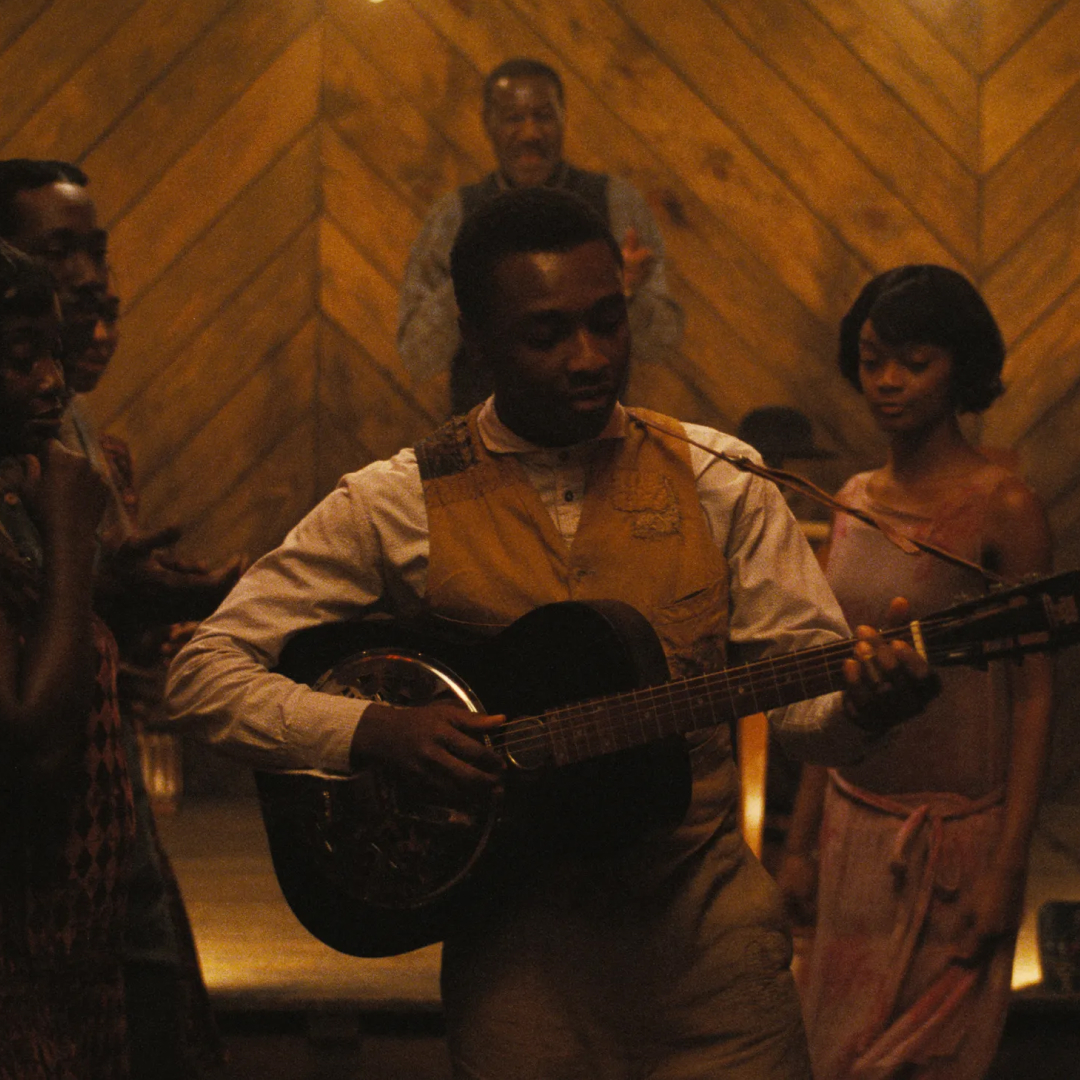 In 'Sinners,' Music From the Past Liberates Us From the Present
In 'Sinners,' Music From the Past Liberates Us From the PresentIn its musical moments, Ryan Coogler's vampire blockbuster makes a powerful statement about Black culture, ancestry, and art.
By Quinci LeGardye
-
 Kendall Jenner Has the Last Word on the Best Travel Shoes
Kendall Jenner Has the Last Word on the Best Travel ShoesLeave your ballet flats in your checked bag.
By Halie LeSavage
-
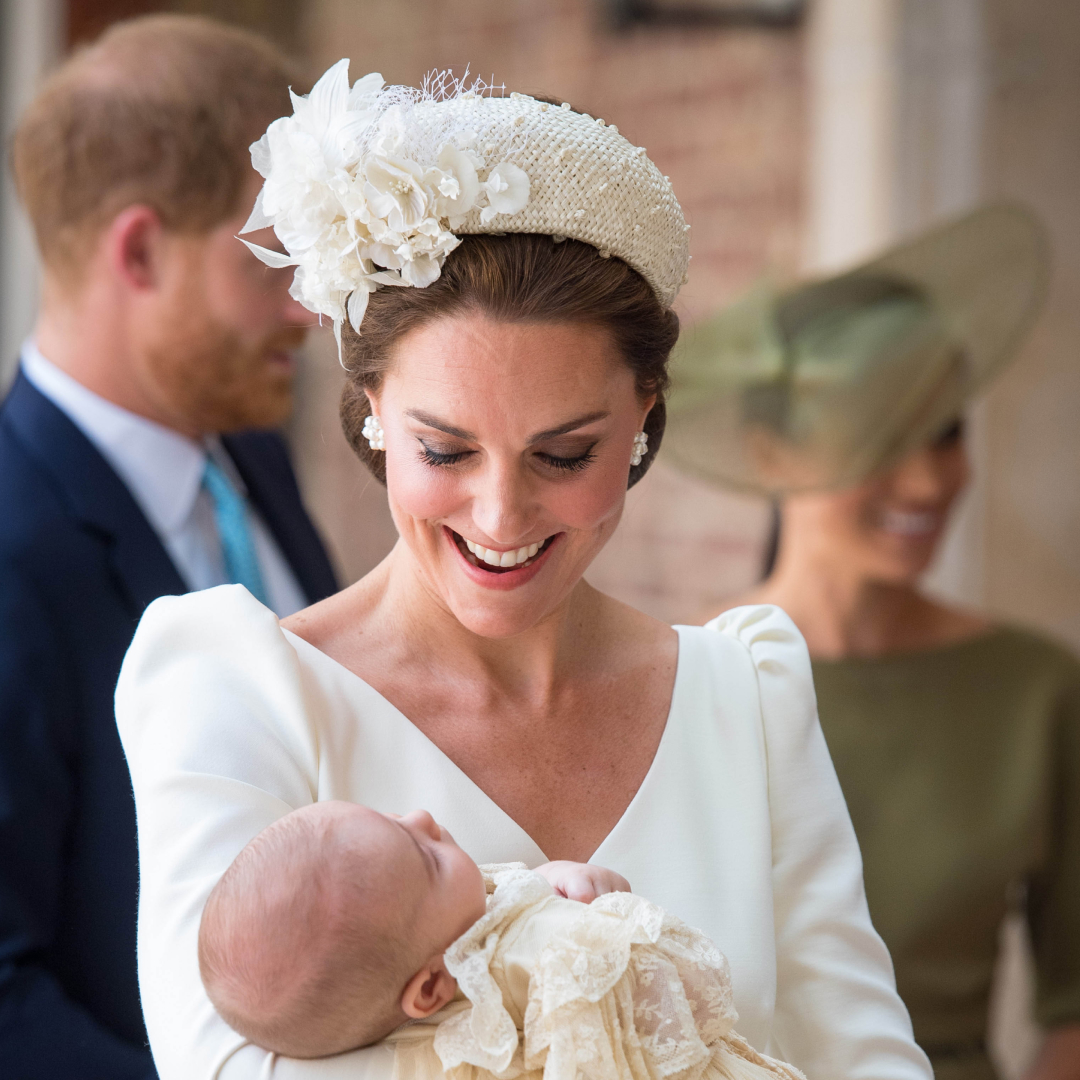 Prince Harry Gave Nephew Prince Louis an Extremely Rare Five-Figure Gift for His Christening
Prince Harry Gave Nephew Prince Louis an Extremely Rare Five-Figure Gift for His ChristeningUncle Harry for the gifting win.
By Kristin Contino
-
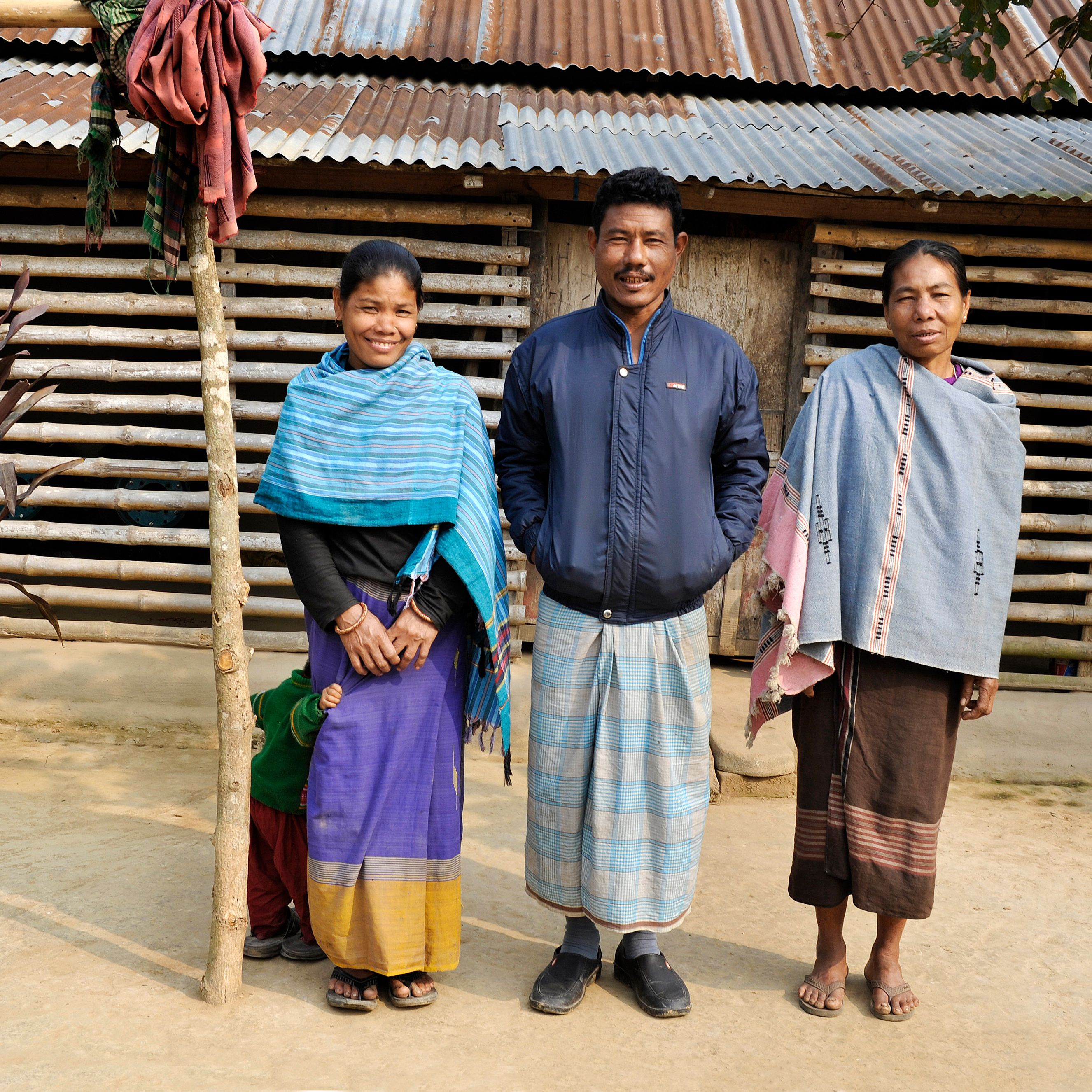 My Mom and I Share the Same Husband
My Mom and I Share the Same HusbandA mother and daughter having sex with the same man may sound hard to believe, but it's a necessity for women in one Bangladeshi tribe. Not that they're thrilled about it.
By Abigail Haworth
-
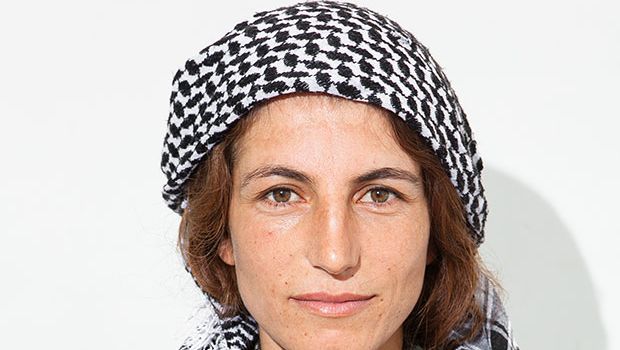 These Remarkable Women Are Fighting ISIS. It's Time You Know Who They Are
These Remarkable Women Are Fighting ISIS. It's Time You Know Who They AreThese Remarkable Women Are Fighting ISIS. It's Time You Know Who They Are
By Elizabeth Griffin
-
 Why Clueless is Important For Women
Why Clueless is Important For WomenIt's way existential.
By Laura Cohen
-
 The Modern Motherhood Conflict
The Modern Motherhood ConflictIn a controversial new book, firebrand French philosopher Elisabeth Badinter argues that modern motherhood is a throwback to the pastand has become a tyranny for women
By Pamela Druckerman
-
 Confessions of A Real-Life Flight Attendant
Confessions of A Real-Life Flight AttendantFlirtatious pilots and sexcapades with passengers make the new show Pan Am seem positively professional.
By Jennifer Miller
-
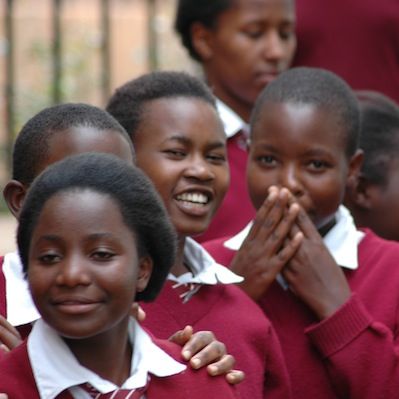 Send a Girl to College with Global Give Back Circle
Send a Girl to College with Global Give Back CircleHelp support an amazing cause for young women in Kenya.
By Lauren N. Williams
-
 Save a Starving Child in Somalia
Save a Starving Child in SomaliaThe famine crisis is growing. Now is the time to act.
By Abigail Pesta
-
 The Accidental Sex Offender
The Accidental Sex OffenderIt was a classic teenage love story. He was a football star, and she was a cheerleader. They met, they fell in love, they started having sex. And then the cops got involved. Fifteen years later, they're still paying the price.
By Abigail Pesta